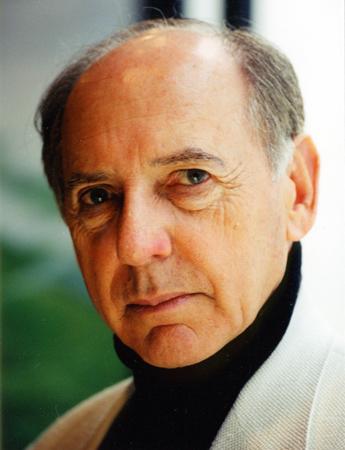
William L. Simon
Editor's Note: Steve Jobs is famous both for c0-founding Apple and for bringing it out of its downturn in the 1990s with products like the iPhone. He's also notorious for his ego and irascibility. Should he still be respected as a business icon? What qualities helped him make Apple a success? Global Times (GT) reporters Gu Di and Wang Di interviewed William L. Simon (Simon), coauthor with Jeffrey S. Young of the book iCon Steve Jobs: The Greatest Second Act in the History of Business, on Jobs' successes and failures.
GT: In the book iCon Steve Jobs, you and Jeffrey Young narrate not only Steve Jobs' stunning successes, but also his egoism, conceit, and even immaturity. Was Jobs mad about it? Do you know whether he has read your book?
Simon: Jobs has said that he has never read a biography written about him. However, he obviously knew that iCon contained stories that were embarrassing to him, such as being unwilling to support his child born to a girlfriend he did not marry.
He was so unhappy about the book that he tried to force the publisher to cancel publication. When news of this attempt reached the newspapers, the book became a New York Times bestseller. So his effort had exactly the opposite effect than he hoped.
GT: What part of Steve Jobs' story is the most exciting and inspiring for you?
Simon: My new book, due out next year, focuses on how Jobs has achieved greater success in creating amazing products than anyone in history. The book is called iLeadership - The Steve Jobs Way, and I have written it with the man who was the closest person to Jobs at Apple from the time he first got interested in developing the Macintosh.
Through writing this book, I have come to a deeper understanding of how he has been able to create such a series of incredible products.
In brief, two of his strongest qualities are his passion, and his insistence on being involved in the smallest decisions about every product, down to questions of where a small label is to be placed. His products are so good because of that kind of dedication.
You cannot help but be in awe of and inspired by a man who is so driven to achieve perfection.
GT: In the book's conclusion, you argue that we should allow our heroes to make mistakes. As an American, do you view losers in this way?
Simon: Americans like to believe that we seek the best in our friends and associates, in our political leaders, in our sports heroes, in our music, movie, and television stars, and everyone else.
When we see someone fail, we hope they will pick themselves up, try again, and succeed the next time. The baseball team the Chicago Cubs has not won enough games to compete in the World Series in a great many years, yet every year, Chicago baseball fans cheer their team and hope for a better outcome.
GT: What role do you think Steve Wozniak, co-founder of Apple, played in the company's success?
Simon: Anyone looking to start a business could not do better than Jobs andWozniak did when they decided to work together. "Woz" as he was called in those days, to distinguish between the two Steves, was passionate about designing computers, and was a genius at it.
Jobs was every bit as passionate about creating products that would sell, making deals that would permit two youngsters with no money to start a business, and convincing stores to offer the Apple computers for sale. The best lesson from the experience of the two as partners is this: Find someone who is as passionate and committed as you are.
1 2 Next